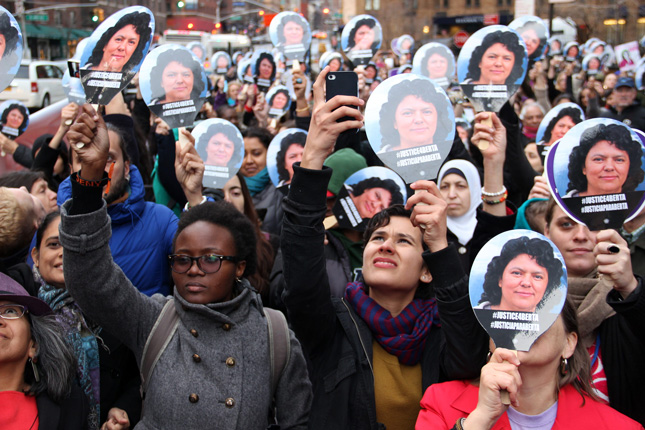-
Carlos Manuel Rodriguez, Human Nature
Murders of Environmental Activists Reflect Chronic Clashes Over Resource Use
April 4, 2016 By Wilson Center Staff
When I heard of the horrific murder of Berta Cáceres, a Honduran environmental activist who had spent years fighting to protect her community’s traditional lands, I was shocked – though perhaps I shouldn’t have been.
A recent study conducted by international watchdog group Global Witness found that Honduras is currently the most dangerous country to be an environmental activist, with 109 activists murdered between 2010 and 2014. Two weeks after Berta’s death, another member of her organization, Nelson García, was also killed for his involvement in the movement. Their murderers are still at large.
This distressing news isn’t just a terrible loss for the family and loved ones of Berta, Nelson and the other victims. It’s also a chronic symptom of clashes between resource users taking place around the globe – and a frightening omen for the future of the land these activists fought to protect.
Continue reading on Human Nature.
Carlos Manuel Rodriguez is a former director of the Costa Rican National Parks Service and minister of environment and energy.
Sources: Conservation International, Global Witness, The Guardian.
Photo Credit: A rally for Berta Cáceres in New York, March 17, courtesy of Natalie Jeffers/Matters of the Earth.
 A Publication of the Stimson Center.
A Publication of the Stimson Center.



